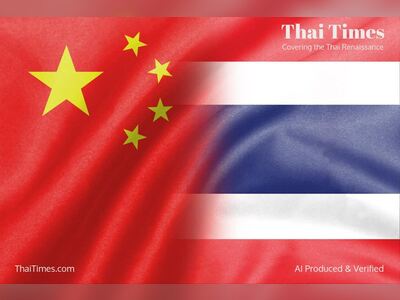Baht Rally Stalls Amid Government Push for Lower Rates
The Thai baht has weakened this October, with tensions rising between the government and central bank over interest rate policies. The currency fell 2.7% against the dollar amid government efforts to raise the inflation target and push for lower borrowing costs. The central bank remains firm against interference, keeping the policy rate steady at 2.5%.
The Thai baht faces pressure as tensions between the government and the central bank escalate.
The currency has depreciated 2.7% against the dollar in October after its significant previous rally.
The Thai government is advocating for an increased inflation target, coinciding with Prime Minister Srettha Thavisin's public campaign for lower interest rates to stimulate growth.
However, the central bank maintains a firm stance against political interference, planning to keep the policy rate at 2.5%.
Despite the government's efforts, former central bank officials warn of potential risks to monetary policy independence.
Meanwhile, the ongoing push for a dovish central bank leadership may impact the currency further.
The baht's outlook remains uncertain as foreign investors withdraw funds and as tourism and local stimulus measures might offer some relief toward the year's end.
The currency has depreciated 2.7% against the dollar in October after its significant previous rally.
The Thai government is advocating for an increased inflation target, coinciding with Prime Minister Srettha Thavisin's public campaign for lower interest rates to stimulate growth.
However, the central bank maintains a firm stance against political interference, planning to keep the policy rate at 2.5%.
Despite the government's efforts, former central bank officials warn of potential risks to monetary policy independence.
Meanwhile, the ongoing push for a dovish central bank leadership may impact the currency further.
The baht's outlook remains uncertain as foreign investors withdraw funds and as tourism and local stimulus measures might offer some relief toward the year's end.











